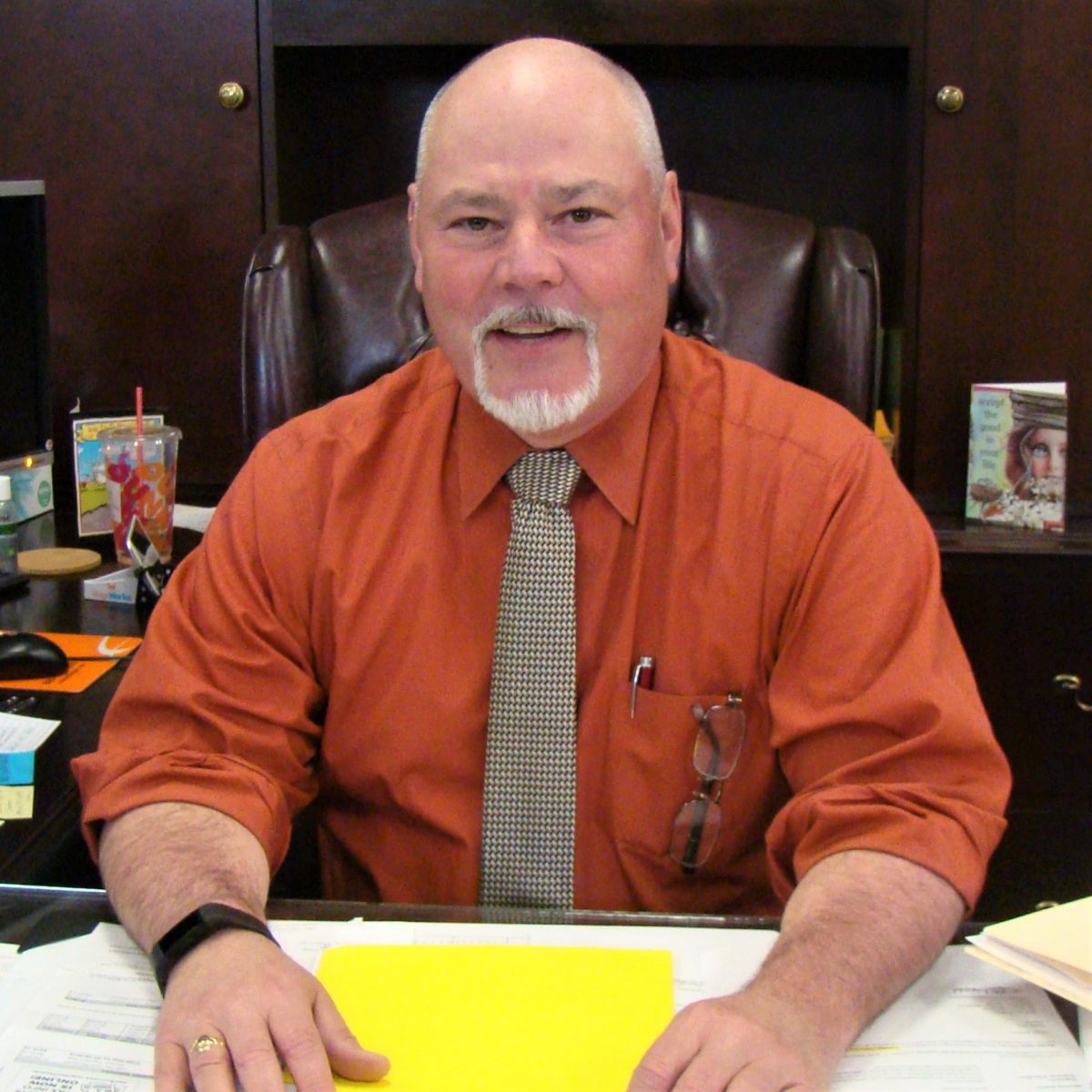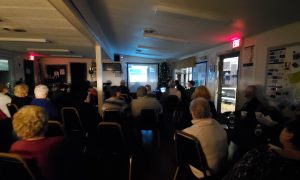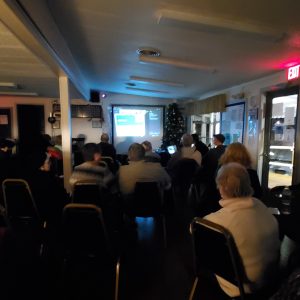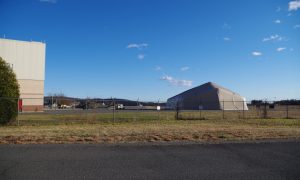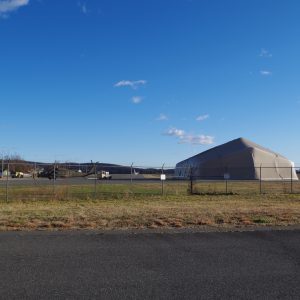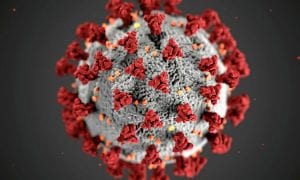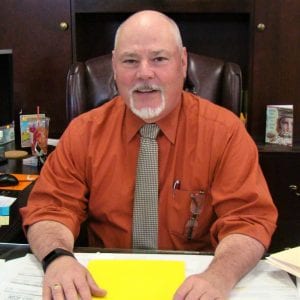
Mayor Brian P. Sullivan said on Wednesday that the city is on top of CDC assessment on exposure to PFAS. (Photo by Amy Porter)
WESTFIELD – Following the Centers for Disease Control (CDC) announcement that Westfield has been chosen as one of the eight communities for assessment of human exposure to PFAS, Mayor Brian P. Sullivan met with members of Sen. Elizabeth Warren’s team at his office on Tuesday, to discuss the plan and how to get more details on its implementation. He said State Rep. John Velis and State Senator Don Humason were involved in the meeting, and will also join the Mayor on a conference call with Sen. Ed Markey’s team and the CDC on Friday.
Sullivan said that the selection process began last July 16, when the CDC reached out to him as mayor of one of the cities across the country with PFAS identified in the drinking water, asking him if Westfield would be interested in taking part in the assessment by the Agency for Toxic Substances and Disease Registry (ATSDR).
The Mayor said at the time he discussed the request internally with members of the Department of Public Works, Health and Law departments, and Ward 1 Councilor Mary Ann Babinski, who all said they wanted to participate.
“The community was looking for answers, because historically, we didn’t know how far back it went,” Sullivan said.
Westfield was then put in a pile of 20 communities that said yes, out of which eight current or former military installations were chosen to be tested for exposure. Sullivan said the CDC also looked at the parameters of each location. In Westfield, they considered the fact that the city owns the land at the Airport, and the 104th Air National Guard leases the land from the city, which is more of a unique situation.
Sullivan said the CDC/ATSDR will be recruiting and selecting volunteers for blood and urine testing, as well as taking water and dust sampling. He said the city is asking Warren and Markey’s office to find out how they will choose the volunteers, and what happens to the test results. “We’re looking for answers, now that we’re selected,” he said.
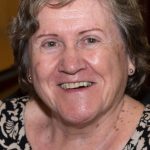
Ward 1 Councilor Mary Ann Babinski (WNG File Photo)
Babinski said she had reached out one year ago in March, to ask the CDC, ATSDR and the Mass. Department of Public Health to include Westfield in the study.
“I am a resident of Westfield. MA and a City Councilor representing the residents of a ward which is located on the northside of Westfield. The residents of my ward received their drinking water for many years from wells that have been contaminated with PFAS chemicals. Two wells were taken offline in 2015 and 2016 respectively. Recently, we were informed that the third of four drinking water wells on the northside has been taken offline.
“I therefore respectfully request that the Massachusetts Department of Public Health (MDPH) along with the Agency for Toxic Substances and Disease Registry (ATSDR) consider Westfield for inclusion as a site location in the National PFAS Health Study created by the National Defense Authorization Act for Fiscal Year 2018, signed into law on December 12, 2017,” Babinski wrote in her emails on March 15, 2018.
Sullivan said Babinski has been out there from the beginning, and has been extremely supportive of how proactive the city has been in dealing with this situation that has blossomed into a national health and safety issue. “We’ve been above the curve,” Sullivan said, adding this is one of the reasons the city fit into the criteria to participate in the assessment involving the CDC and the federal government.
Sullivan also said that the temporary filtration of Well 2 has been running since November, and all test results have been below any detectible limits. He said Wells 7 & 8 will be online by the end of the summer. He said the Granular Activated Carbon (GAC) filters are effective on all the compounds that have been detected in the Westfield water affected by the contamination.
He said that DPW Systems Engineer Heather Stayton is constantly bringing in new information and researching new testing methods. “She’s on top of it,” Sullivan said about Stayton, adding, “The city is still actively on this thing all the time.”
They are also continuing to work with CDM Smith, who did the bench scale testing for 38 identified PFAS compounds for the filtration system being used in Westfield. Sullivan said researchers at CDM Smith are national leaders in this field, and recently featured Westfield and DPW Director David Billips in a video about the work they are doing on PFAS bench scale testing. The video is posted on the city’s website.
“We feel confident that we chose the right type of filtration for our water,” Stayton said.
Sullivan said Westfield has been commended by other communities and other states for their proactive approach, and on having their focus on cleaning the water. “Everything we have been told, and everything we followed was with the assistance and advice of professionals across the country,” the Mayor said.
“Sen. Warren’s office came out here to talk to us, because we’re right in their backyard, and have done all this work,” he added.

